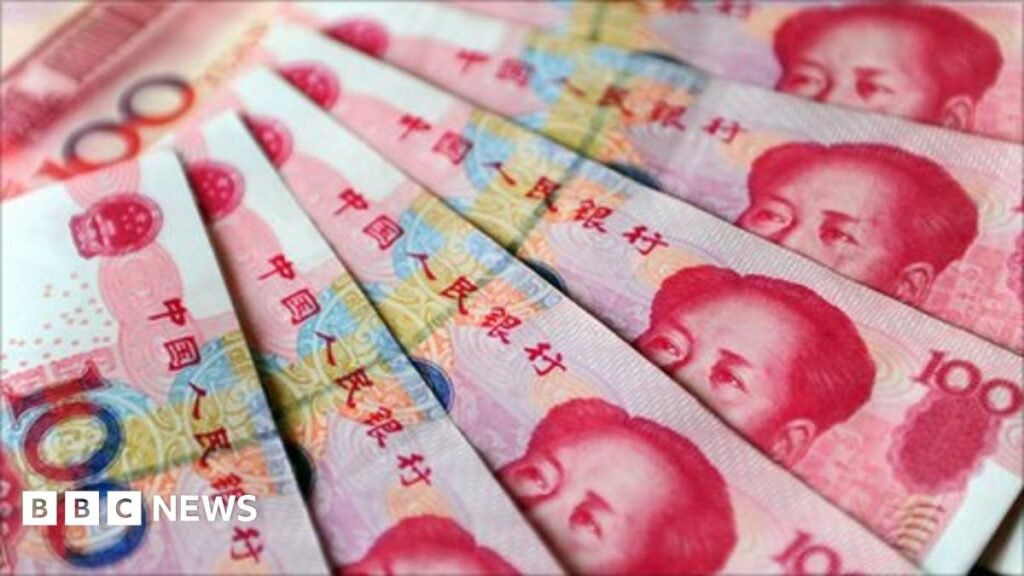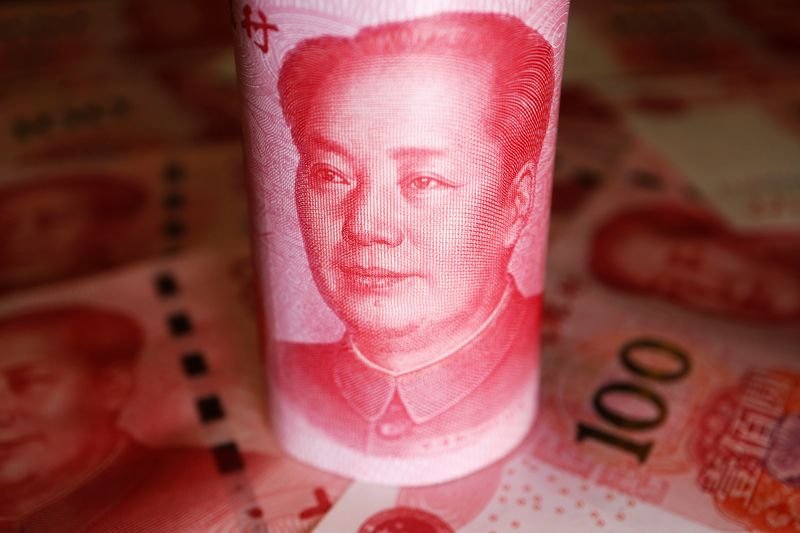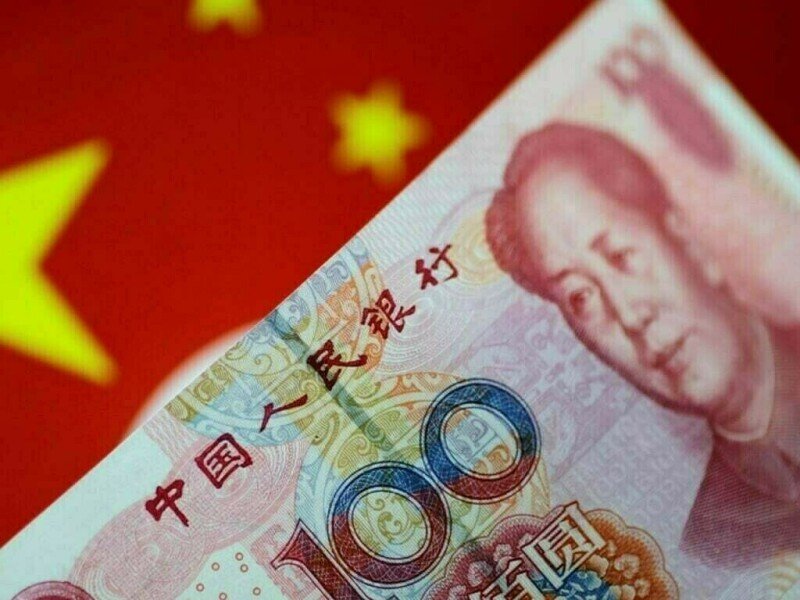The shop assistant thumbs the red, 100-yuan bills that bear Mao Zedong’s distinctive face, checks the amount is correct and places it in the till next to Hong Kong dollar notes and coins, without a sideways glance.
It’s a typical day in Bonjour, a cosmetics store popular with the vast numbers of shoppers from mainland China who are spending their newfound wealth in the former British colony.
From vending machines selling soy milk near the Chinese border to the luxury boutiques and High Street chains in Hong Kong’s financial district, payment in China’s currency – known as the renminbi or the yuan – is an increasingly common sight.
And it is the most visible of the steps that China, which still exerts strong control over the flow of money in and out of the country, is taking to expand its currency’s global reach.
Some analysts predict that the yuan will become a dominant force in international financial markets in five years and rival the dollar, euro and yen.
But no-one expects the yuan to take its place alongside the world’s most traded currencies quite yet, as China is still reluctant to enact many of the reforms that would make the yuan freely convertible.
“It’s more rapid than many people had been anticipating but it is a gradual process,” says Mitul Kotecha, foreign exchange strategist at Credit Agricole in Hong Kong.
Small steps
China has been allowing the yuan to be used more widely in a number of different ways.
Banks in Hong Kong, which has a freely traded currency and a separate legal system, have been permitted to hold renminbi deposits since 2004.
They now total 407bn yuan ($62bn; £38bn).
Chinese bank branches in Singapore and New York now allow customers to open yuan bank accounts.
In 2009, China began allowing its currency to be used to settle cross-border trade between companies in five Chinese cities and Hong Kong, Macau and Southeast Asian countries.
That scheme was expanded worldwide in 2010 and includes some 67,000 Chinese firms in 20 provinces. It means that trading partners do not have to convert in and out of dollars.
Multinational companies like McDonald’s and Caterpillar have issued yuan-denominated bonds in Hong Kong and these bonds can be bought and sold by investors who want to bet on an expected appreciation in the Chinese currency.







